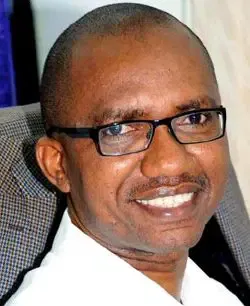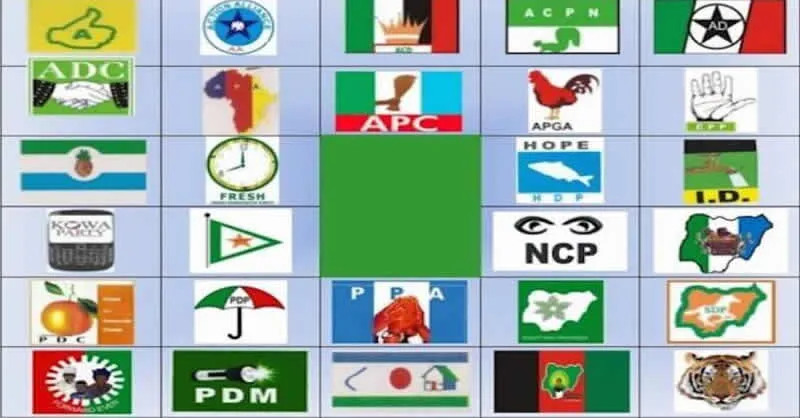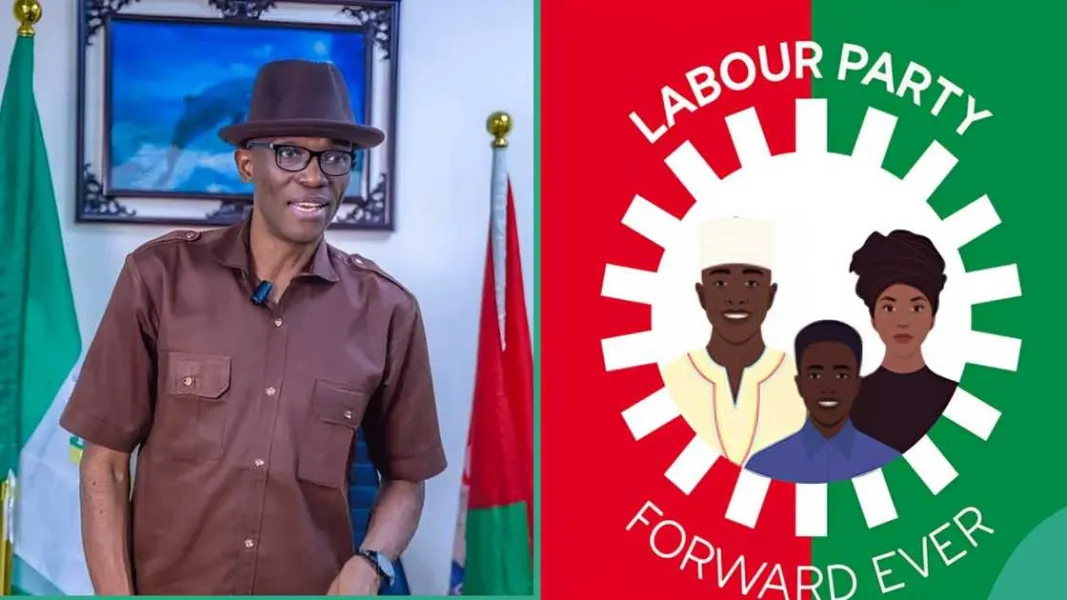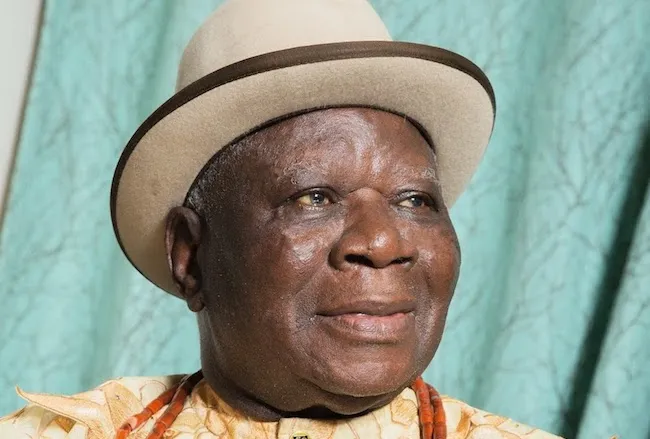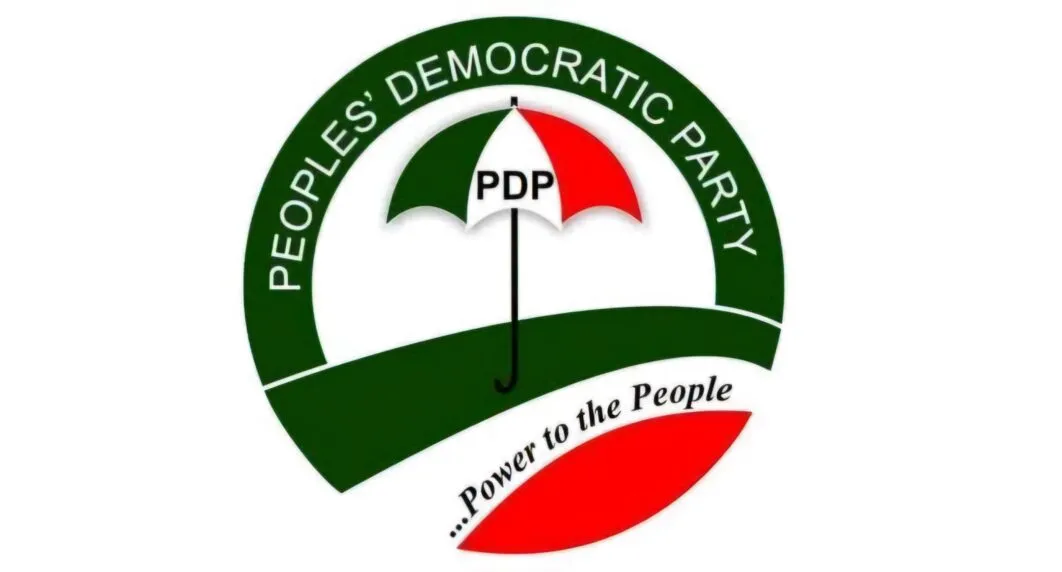The recently concluded Edo State governorship election has once again cemented the influence of godfathers in Nigerian politics, as Senator Adams Oshiomhole, the man many dismissed as a “vendor of lousy products,” successfully propelled his candidate, Monday Okpebholo, to victory.
While I had no personal stake in the outcome, it was hard to ignore the implications. Oshiomhole, notorious for endorsing candidates he later regrets, has proven once again that his political influence remains potent. Okpebholo, the governor-elect, owes much of his success to Oshiomhole, who carried him through the campaign.
However, beyond the triumph of a political godfather, the Edo election revealed several significant lessons about Nigerian politics.
Power Shift and Zoning
Rotation, or zoning, remains a pivotal factor in Nigerian politics. Both the All Progressives Congress (APC) and the Peoples Democratic Party (PDP) presented candidates from Edo Central, a region that had not produced a governor in the past, except briefly under Oserheimen Osunbor. This decision by the two leading parties reflected the people’s desire for power to shift from Edo South, which has historically dominated the political landscape.
Okpebholo, representing the APC, and his rival Asue Ighodalo of the PDP, both from Edo Central, symbolized this push for equity. Meanwhile, the Labour Party’s decision to field Olumide Akpata from Edo South, a region already represented by outgoing Governor Godwin Obaseki, did not resonate with voters. The result was a clear indication that Edo people were ready for a change in the power structure.
The Role of Godfathers
Despite criticisms, the influence of political godfathers cannot be downplayed. The Edo election was a contest between two influential figures: Oshiomhole and Governor Obaseki. While political analysts and commentators often criticize the role of godfathers, the election results tell a different story. Voters appeared swayed by Oshiomhole’s backing of Okpebholo, even though Obaseki had his own share of political godfathers, including the likes of Nyesom Wike.
In Nigerian politics, godfathers often dictate the terms. It’s not enough to criticize their influence; party members must be willing to engage in the political process, including funding and organizing, if they hope to change the narrative. Oshiomhole’s success in this election further solidifies his position as a key player in Edo politics, while Obaseki’s future looks uncertain.
Internal Party Divisions
The PDP, which has faced internal divisions since the 2023 general elections, continues to suffer from its lack of cohesion. Despite attempts by the party’s leadership to present a united front, the underlying cracks remain visible. The same can be said of the Labour Party, which has also been wracked by infighting. Both parties need to address these issues if they hope to remain relevant in future elections.
Voter Apathy and Election Integrity
One of the most alarming trends in recent Nigerian elections is voter apathy. In Edo, voter turnout was a mere 24.49 percent, despite the state having a population of about 4.4 million and a significant number of registered voters. This apathy stems from a growing disillusionment with the political process, as voters increasingly believe that their participation won’t lead to meaningful change.
Moreover, discrepancies in election results continue to plague the system. The Independent National Electoral Commission (INEC) needs to improve transparency, particularly with its result viewer portal (iREV) and the bimodal voter accreditation system. While some progress has been made, inconsistencies remain, and the trust deficit between voters and the electoral process persists.
The Permanence of Political Interests
As always in Nigerian politics, alliances shift, and former adversaries can become allies overnight. The case of Asue Ighodalo, a former member of Bola Tinubu’s transition committee, serves as a reminder that political loyalties are never set in stone. Had the tides been different, Ighodalo might have been aligned with Tinubu, much like Obaseki was before their fallout.
In the unpredictable world of Nigerian politics, the saying “no condition is permanent” rings true. While Oshiomhole has redeemed himself in this election, the future remains uncertain for all players, as the political landscape is constantly evolving.
In conclusion, the Edo governorship election reaffirmed the power of political godfathers, the significance of zoning, and the deepening problem of voter apathy. As the dust settles, it remains to be seen how the key players will navigate the aftermath and what this means for the future of Edo State and Nigerian politics at large.
